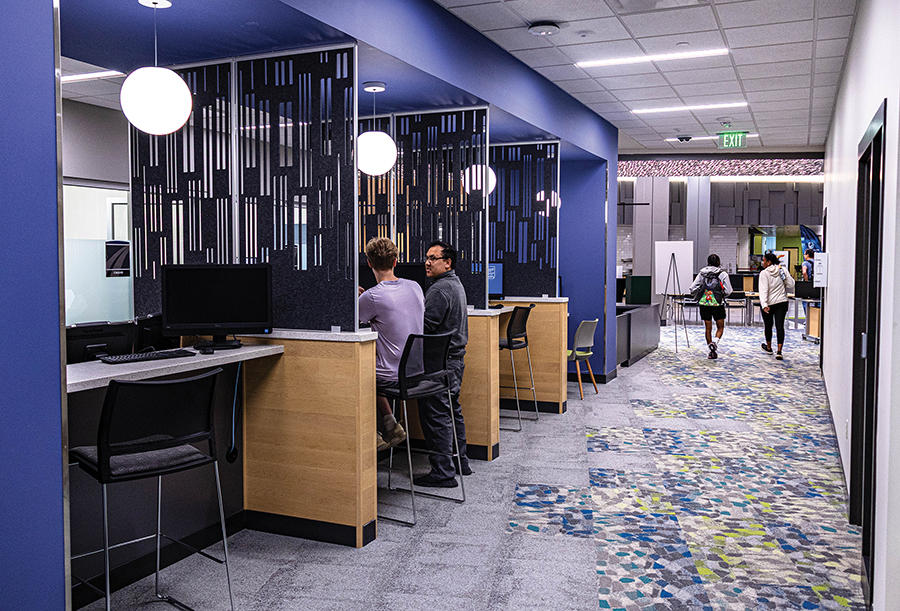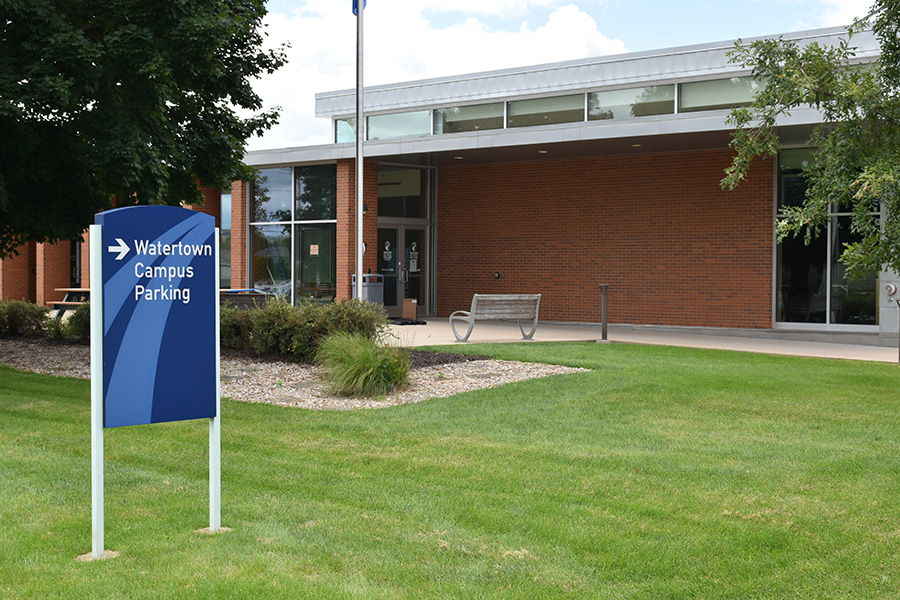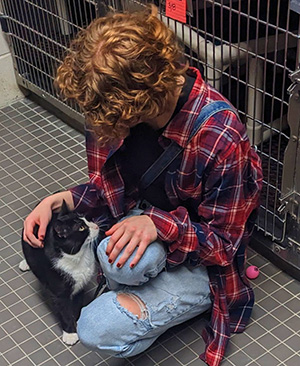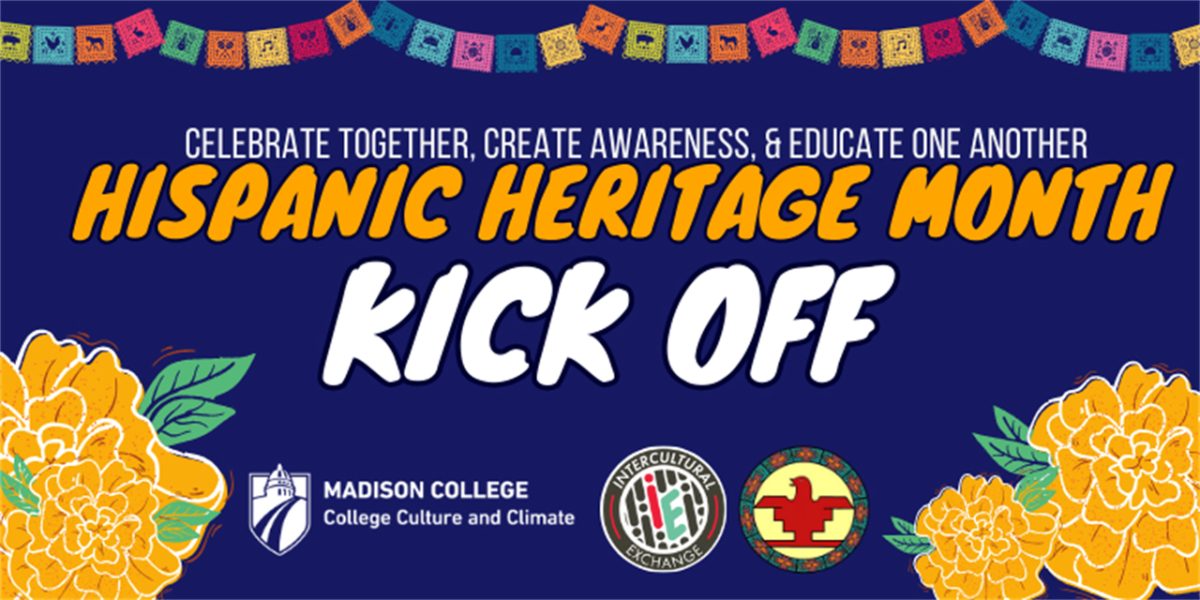Amid concerns over federal cuts to science funding, Madison College students are questioning the impact on their education. UW-Madison recently emphasized the need to protect the National Institute of Health (NIH) funding, which is crucial for groundbreaking research, life-saving treatment and huge economic impacts across Wisconsin, as well as the U.S. innovation and competitiveness.
UW-Madison is not the one raising concerns regarding budget cuts. Over 2,000 scientists – members of the U.S. National Academies of Sciences highlighted the risks of stalled work and reduced resources. However, Madison College research programs remain optimistic, driven by the STEM Center, Action Research and staff and research students who are focused on innovation despite external pressures.
“We do not know the extent of the effects of budget cuts, and although times seem tumultuous, we will get through, adapt and move forward together as a community,” said Kit Carlson, professor and director of Madison College STEM Center.
Optimism remains at the college’s STEM Center as it recently added the Science Life Lab, which opened in January. Equipped with high-tech microscopes, a laminar flow hood and a dedicated research space, the lab supports student experience in hands-on scientific research learning. Other Madison College students and staff say they are already feeling the space’s benefits.
Kristin Horabik, laboratory coordinator for biology, chemistry and physical education, is responsible for ensuring that biology classes are fully stocked and prepared with necessary materials. Additionally, she supports one to three students with honors projects and research.
“It is always memorable when students are excited about their lab project results or breakthroughs,” said Horabik, who previously worked for a drug development company and did one internship during college. “The Science Life Lab and Undergraduate Research Lab are essential resources. They give students the opportunity to understand that science is not black and white.”
Undergraduate researcher Bridget Bellehumeur said, “The new Science Life Lab has allowed me to explore topics that I am passionate about, while learning skills and techniques that will be important for me.”
As an undergraduate researcher, I agree. When people ask me what I think of the new Science Life Lab, I tell them that it has changed my life – usually leaving people unsure how to respond, which makes me giggle. What I mean is that the lab has reassured me about my future career. I’m in a real lab space, learning protocols and lab procedures as I engage in fungi research.
Another exciting and growing area of research support on campus is the work being done by the Institute for Equity and Transformational Change (IETC) led by Michele Turner, lead action researcher, and Marco Torrez-Miranda, director, the IETC supports “Action Research” projects that aim to transform teaching, learning and student engagement.
Torrez-Miranda views Action Research as a tool for continuous improvement. “I dislike complacency,” he says. “As a higher education institution, we have to be creators of new knowledge.” He explains that Action Research is a form of experiential learning for faculty and staff, allowing educators to test ideas in their classrooms and evolve based on outcomes.
He stresses the importance of generating research that speaks directly to the realities of Madison College’s students and faculty.
“We have to continuously adapt to the shifting demographics and needs of our student body—that requires innovation driven from within. We should be prepared for [students] to thrive here,” he said, emphasizing that demographic shifts and growing diversity among students demand innovation, research and adaptability.
Student involvement is also a core principle of the IETC’s work. Undergraduate research assistant positions are usually posted on Handshake. Students where students assist with proposal reviews, contribute to planning conferences, and collaborate with faculty on research projects.
Turner says research must not be done to or about students without their voice and to make sure that happens, she’s implemented is the Research-Minded Learning Community – a monthly gathering designed to help both faculty and students better understand the research process. The group meets every third Thursday of the month from noon to 1:30 p.m.
Torrez-Miranda concludes, “These opportunities are so critical because students learn these skills and walk away so much more confident. They now feel like, ‘I can do this.’ That’s what we want to foster here at Madison College.”
Madison College research programs remain optimistic despite national funding concerns
Mari Zangano, Contributor
May 6, 2025
Story continues below advertisement























